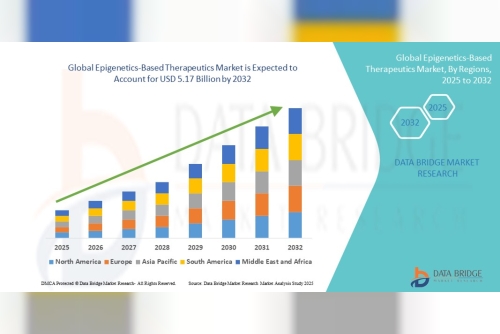A consultant in procurement, a commentator, and the host of the FORVM 499 podcast, examines some recent news stories and speculates on the part that procurement may have had in either producing them or preventing them from happening again.
Interesting procurement issues are hidden behind some of the largest media topics.
Cyberattack forces closure of US pipelineThis New York Times headline appeared a few months ago. It makes sense that it was a huge event in the United States. An entire network of oil pipelines was the target of hackers, who cut off the flow of oil. As a result, there was a true oil shortage and long lines at petrol stations.
Of course, there are concerns with supply chains and procurement that are evident, but there is a deeper issue at play here: the susceptibility of systems to cyberattacks. The fact that virtual supply connections are invisible is an even bigger issue.
A growing number of businesses use software programs with application programming interfaces (APIs) between them and the vendors to rely on outsourced goods and services. As a result, there is a significant issue with invisibility that is leading to significant vulnerabilities.
There is a whole ecosystem of software vendors and APIs, all of which are offering businesses an ever-increasing degree of services, which procurement and supply professionals have now realized the importance of. The CEO will, very simply, be plagued by the supply and procurement problem for the foreseeable future.
All employees in the organization are impacted, even though these issues are already being discussed in the boardroom. These are executive-level problems, and procurement and supply have the knowledge and capacity to identify and resolve them.
Has the creative process broken down?This heading was used in a recent The Economist story. It suggested a link between innovation and money spent on research and development. Therefore, if companies reduce their R&D spending, innovation suffers.
Today, a startling amount of creativity, novel ideas, and new products come from suppliers. I'm unsure if procurement staff employees actually work on them, comprehend their role in creating new products, or have access to some of these capabilities. The short answer to the headline's question is therefore "yes." I'm not entirely sure how that will pan out, though.
G20 ministers support carbon pricing as a measure to tackle climate change.The Financial Times ran this story. The impending carbon price indicates that it is already a part of daily life. I don't, however, see procurement teams taking many steps to get ready for this.
This is a major problem. much larger than most people realize. I keep seeing that it's getting bigger! In fact, government ministers from around the world are concluding that a national strategy is insufficient to address this situation.
It has to be international. One thing is clear – something big is going to happen that will affect companies.
Now, if carbon tariffs are implemented—which appears quite likely—this will result in a significant increase in costs for businesses. We're not referring about the almost insignificant carbon pricing that we've seen in Europe. When you fuel up with diesel or gasoline, the carbon tax is 300 euros per tonne of carbon dioxide. The kind of level that alters behavior is that one. And if we examine carbon taxes that alter behavior, we notice some large alterations in the cost structures of enterprises. Currently, some procurement functions have been given responsibility in this area, but typically, they are just there to assist other functions that are already doing it.
Here is a chance for someone to inform the CEO of the entire effects that carbon tariffs would have on a company. The claim that all businesses will be affected by it is unconvincing because different businesses will be impacted in various ways. Companies need a thorough examination of the costs of carbon, including not only the downstream costs of embedded carbon but also the upstream costs. They will have to take into account the fuels their suppliers have been using as well as the subsequent carbon effects of the goods they sell.
***We as organizations are unable to accomplish this on our own. The efforts made by specific firms are admirable, but they are mostly focused on the share price. Governments must take action and do something. It is inevitable. My point is that we're not prepared for it to occur. The effect is unknown.***
https://www.outsourcing.com.bd/blog/finance/procurement-procedures-maintained-simplicity-and-enhanced-intelligence











